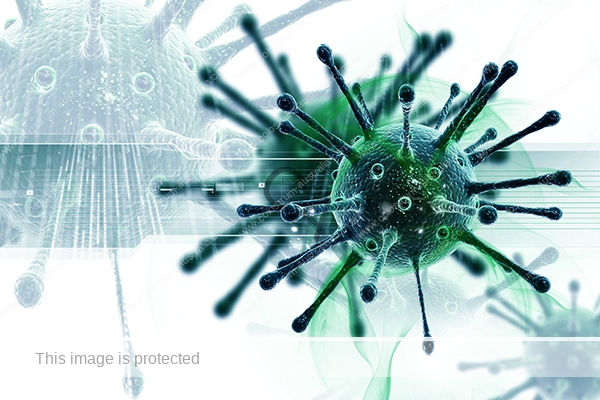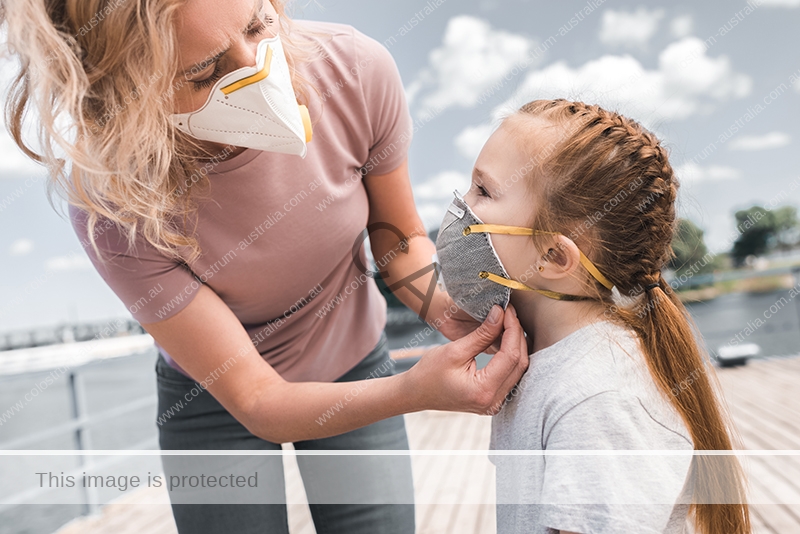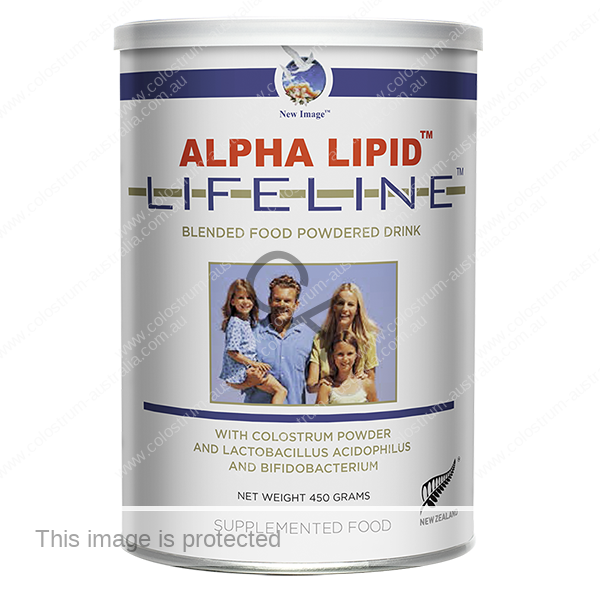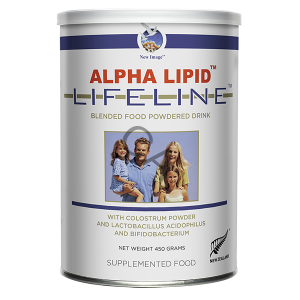
Let's get the facts!
It’s a new day and life continues.
Not the life we are familiar with but a life disrupted by current health concerns.
Fear, anxiety and erratic decisions are attributable to ignorance and lack of knowledge. It will have been obvious now that the world had not prepared for this inevitable pandemic.
From the desk of the Chairman - Graeme Glegg
| New Image has an arsenal of immense supportive firepower. The trilogy of. Immufort 40% IgG warrior tablets, Cellworx the “General of the army” and battle plan. Alpha Lipid Colostem. The “red cross” repairing and healing cell casualties from the battle. |
With this basic understanding of the bodies immune system, fear should be dispersed and erratic decisions eliminated.
It's logical and basically common sense.
No need to panic, but certainly a need to be careful and to take your colostrum products daily to ensure a healthy immune system.
It's essential to be proactive and not reactive to this threat.
It's also a time to share information with the uninformed and stop the panic.
It's looking like through the widespread microbial threats emerging globally, it may be another infectious disease we have to learn to live with.
A healthy immune is possible through oral vaccination.
Health Protection : - Can I protect my family?

The best preventative measures and precautions you can take:
-
- Hygiene - The first and most important measure to take in order to reduce the likelihood of contracting contagious bugs, is to simply practice the best hygiene possible.
- STARTING with:
- Wash your hands before touching your face
- Wash your food thoroughly before eating
- Avoid touching other surfaces
The other tip is to avoid spaces where the illness is likely to travel rapidly. For example a crowded train or elevator. Here, you will be in close proximity to many other people that could be carrying a disease. In a closed contained environment, the potential for any bugs to spread via air-born droplets is very high.
Another consideration is the role of a face mask. This is a breathing mask that you wear over the mouth and the nose in order to filter air and thereby preventing the spread of a disease.
These masks actually serve two purposes: not only do they prevent the wearer from contracting bugs, but they also help to prevent them from spreading it. This works because the mask contains the droplets that they may propel into the air when sneezing or coughing.
Studies have shown the masks to be an effective form of protection against air-born flu-like bugs. It was found that people who used the mask correctly were actually 80% less likely to contract flu. As some bugs appear to travel in the same manner as the flu, this makes it likely that a mask would be beneficial.
What you need to stay safe!
How to Improve Your Immunity
While there is no vaccination against the current contagious bug, generally improving your health and immunity is a way to protect against most contagions.
Have you ever had the flu and noticed that your husband/wife and children usually get it too?
Every now and then, one of you manages to coast through completely fine! This is because this person has a stronger immune system at that particular time.
You are in control!
Vitamins, Minerals and Good Nutrition
The first and most important thing you can do, is to make sure you are eating a balanced and nutritious diet. Avoid "empty calories" that don't provide any nutritional value, and instead try as much colourful fruit and vegetables on your plate as possible.
The most important nutrients to seek out in particular, include colostrum containing immunoglobins, Vitamin C (a powerful antioxidant that is known to support immunity), Vitamin A, and Vitamin E. All of these nutrients can be found in one very special product. Alpha Lipid Lifeline Colostrum from New Zealand is of the highest quality, sort after to combat the onset of any virus or disease.
Lifestyle Factors
Did You Know?
Fresh air and cold exposure is also beneficial. Not only does fresh air help to clear out the lungs, but being cold can actually help to "train" the immune system, so that it is capable of working harder and doing its job better!
Can you recognize Coronavirus in yourself or others?
Let's try to understand
The symptoms of coronavirus are generally very similar to the symptoms of viruses and chest infections. This can make it particularly difficult to identify cases of the virus, and this is one of the reasons that the problem has been able to spread so quickly.
The most common of the Symptons include:
- Coughing - A persistent and potentially painful cough that can also keep you awake at night.
- A sore throat - This goes hand in hand with the cough, but is also due to inflammation of the airways.
- Tiredness and lethargy - Like most viral infections, the flu will leave you feeling tired and exhausted from small amounts of activity. This is owing to the effort your body is putting in when fighting the infection.
- Temperature - A temperature is your body's way of attempting to drive out invading viruses. This will cause the body to become very hot, as it tries to make the environment inhospitable. That means that the temperature in itself is not actually a negative thing, but rather an important strategy used by the body - so you should not try to fight the body by bringing the temperature back down. That said, you should monitor the temperature and make sure it doesn't get too high, which can be dangerous. Likewise, you should keep drinking lots of water, as dehydration is one of the most serious complications of a fever.
- Difficulty breathing - this is the most severe symptom of the coronavirus. Listen for a "rattling sound" in the chest. Likewise, look for signs of effortful, rapid breathing. If the patient also has signs of bluing around the lips in particular, then you should seek medical attention immediately.
Is it Coronavirus?
If you notice any signs of the coronavirus, then you should seriously consider whether this is a possible cause. With the symptoms being so similar to other types of cold and virus, it can be difficult to distinguish between them. The main evidence then is situational/contextual: have you been to any of the affected areas in China? Have you met anyone from that region, or who has travelled to the region?
Also making life more difficult is the fact that symptoms can take several days to emerge - anywhere from 2-10 days. You need to think back at least this far then when considering whether Coronavirus is a likely candidate for your problems.
Can you recognize Coronavirus in yourself or others?
What can I do if I show signs of any symptoms
If you notice any of the signs of coronavirus, then it is crucial that you immediately seek medical attention. Again, this is not necessarily for your own sake as much as to try and control the spread of the disease and prevent it from spreading to anyone else.
Many governments and health officials advise and request that patients attempt to "self-quarantine." This essentially means that they should avoid going out into public spaces, and should stay home as much as possible.
This also includes not visiting the doctor or hospital waiting rooms, where you can run the risk of spreading the disease to others. For that reason, it's instead recommended that you call the doctor to visit you.
If you are taken into the hospital, you will be placed under observation, and your breathing will be assisted should you need it. This can involve the use of a nebulizer, as well as an oxygen mask. These will help you to take more oxygen into the lungs with each breath, as well as to reduce swelling and other effects that are making it more difficult to breathe.
Your Temperature will also be monitored.
Things you can do yourself to help ease the symptoms and provide self-care include:
- Getting lots of rest and not pushing yourself mentally and physically
- Drinking lots of water - if you have a fever, then one of the most serious concerns is that this can lead to dehydration and associated problems
- Manage the build-up of phlegm and mucus by using a steam inhalation. To do this, fill a bowl full of hot water and the hold your head over it with a blanket. Make sure that the steam is not hot enough to burn your nostrils, but that it is warm enough to break down the mucus. You can also try taking long hot showers.
You may also need to manage some secondary symptoms that can be caused by the primary symptoms. For example, you may struggle with poor sleep, or you might have headaches due to the build up of pressure in the sinuses. To deal with these, you can use analgesics.
There is no known cure for the coronavirus, and as a viral infection it cannot be treated with antibiotics. However, with that said, the condition is also self-limiting, meaning that it will disappear over time. this can take a few days to a few months, depending on the severity of the infection, the strength of your immune, the appearance of complications, the health of the patient, and the treatment given.








